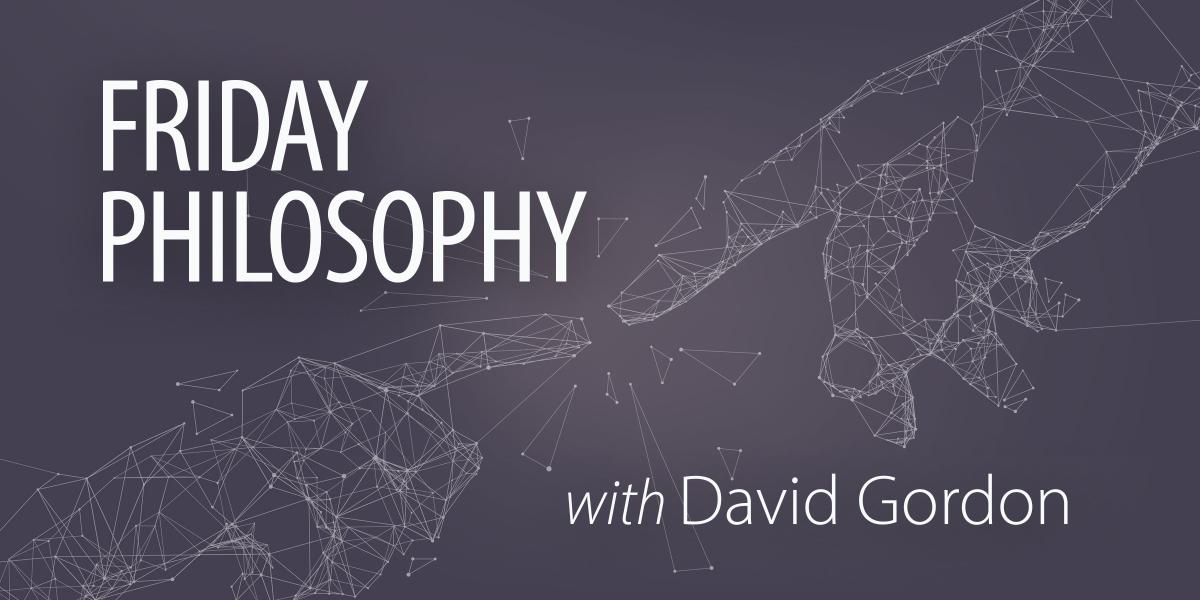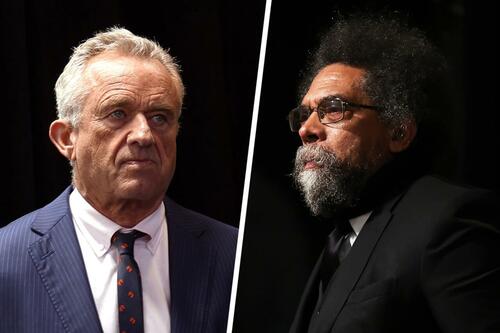by Tara Smith, University of Pittsburgh Press, 2024, xi + 246 pp.
Tara Smith, who teaches philosophy at the University of Texas at Austin, is a distinguished exponent of Ayn Rand’s Objectivist ethics, about which she has written several previous volumes. In Egoism Without Permission, she challenges a misconception about Rand’s ethics, namely that, because of its stress on reason, it has no place for emotion.
This is not so, Smith avers, and she cites in support what she calls the “Many Musts” passage from Rand’s essay, “Causality versus Duty.” I will not quote the passage, but the gist of it is that, “Reality confronts man with a great many ‘musts,’ but all of them are conditional.”
Smith draws the following conclusion from the passage:
Part of what this means is that personal desire is necessary to identify what a particular person’s interest is—indeed, it is necessary for the existence of his interest. Without such desire, any purported interest does not matter; it is of no value to him. (emphasis in original)
It does not follow in her view that desiring something is sufficient to make it in your interest to pursue it: you can be wrong about what is in your interest. It cannot actually become your interest, though, unless you want it and choose it.
Smith has many insightful things to say about various character traits that an ethical egoist will find useful to have, including independence of mind—Rand is vigorous in criticism of the “second hander”—and self-esteem. These traits or virtues are of great assistance to the ethical egoist, who takes his own life to be the standard of value.
She explains the point about the standard of value in this way:
The reason that life occupies this role as the standard is that life poses the most fundamental, inescapable of all alternatives that human beings face, namely, existence or nonexistence. Human beings’ survival—their continued existence as living organisms—depends on their acting in ways that fulfill certain needs. . . It is the fact that a person’s facing the alternative of existence or nonexistence that makes the phenomenon of value both possible and necessary. A person must make choices, if he is to live. (emphasis in original)
She writes that a “deep-seated selfishness of soul underwrites the kind of vigorous, unqualified exertion of egoism that is necessary for an individual’s flourishing.”
No doubt she is right that an ethical egoist will so regard things, but I entirely fail to see the force of her contention that the concept of value rests on the fact that an individual must make choices in order to live. He must indeed, but how does it follow that this fact makes the individual’s life the standard of value? Disputes about this are well-trodden ground, and I do not propose going over them here. Rather, in what follows, I will raise questions about some of Smith’s arguments against the view that the demands of morality have force independent of an individual’s self-interest.
In her view:
What it is most essential for us to appreciate is that objective values are those things that are rationally understood as beneficial to a person’s overall well-being (be they objects, abilities, qualities, relationships, etc.) The effect might be minor or major, but it must be net positive.
What happens if you deny this? Then, she contends, you are saying that an individual must justify his existence by his altruistic sacrifices to others. As she puts it:
It is striking that those who advocate the ‘ends in themselves’ idea as a social principle frequently believe that while we should treat others as ends, we should treat ourselves as subservient. My virtue, they assume, rests in serving others. Rand rejects such double standards and maintains that a person should treat himself as an end, too. By denying any need for permission to pursue one’s happiness, she is embracing the full flower and more consistent form of the “end in himself” principle. The fact that a person wishes to flourish is all the “permission” he needs.
Smith’s argument does not work. You can consistently hold that duties to other people exert a moral force independent of self-interest and also hold that you need no one’s permission to pursue your own interest. Why can’t both be objective values? They cannot be, on the ethical egoist view, but, contrary to Rand’s suggestion, that is not the only contender in the field.
Further, someone who believes in objective values distinct from self-interest need not contend that these values consist entirely of altruistic sacrifice to others. One position, often associated with G.E. Moore, is that there are intrinsically good impersonal states of affairs. And someone who accepts this view need not hold that an individual’s pursuit of his own happiness is justified by his seeking to attain impersonal values.
A related argument by Smith is equally fallacious. She writes:
The larger point, again, is that singularity of mission is crucial to rational egoism. A person cannot serve two masters. Any attempt to honor rival moral authorities is doomed to sabotage the ends of both. Flourishing requires a person’s unequivocal commitment to his life as an end in itself and to his well-being as his ruling concern.
Perhaps I have missed some deep truth that only prolonged study of the works of Rand and Leonard Peikoff can elicit from this passage, but on its face, it is either an utter banality or a falsehood, depending on how you understand “unequivocal.” If unequivocal just means “exclusive,” then you cannot be devoted to two different ends. If, though, “unequivocal” means “wholehearted,” the passage is false. You can be fully committed to both your career and your family, while recognizing that choices sometimes must be made between them. If the response to this is that if you choose one over the other in a given situation, that shows that your commitment to the unchosen alternative is less than full, we need to consider the significance of “the given situation.” In other situations, the unchosen alternative might win out.
There are values that cannot be consistently pursued in full. “You cannot serve both God and mammon” (Matthew 6:24). If you remember that “mammon” is a reference to money, you can be sure which of these alternatives Rand, Peikoff, and Tara Smith would choose.
Originally Posted at https://mises.org/
Stay Updated with news.freeptomaineradio.com’s Daily Newsletter
Stay informed! Subscribe to our daily newsletter to receive updates on our latest blog posts directly in your inbox. Don’t let important information get buried by big tech.
Current subscribers:




